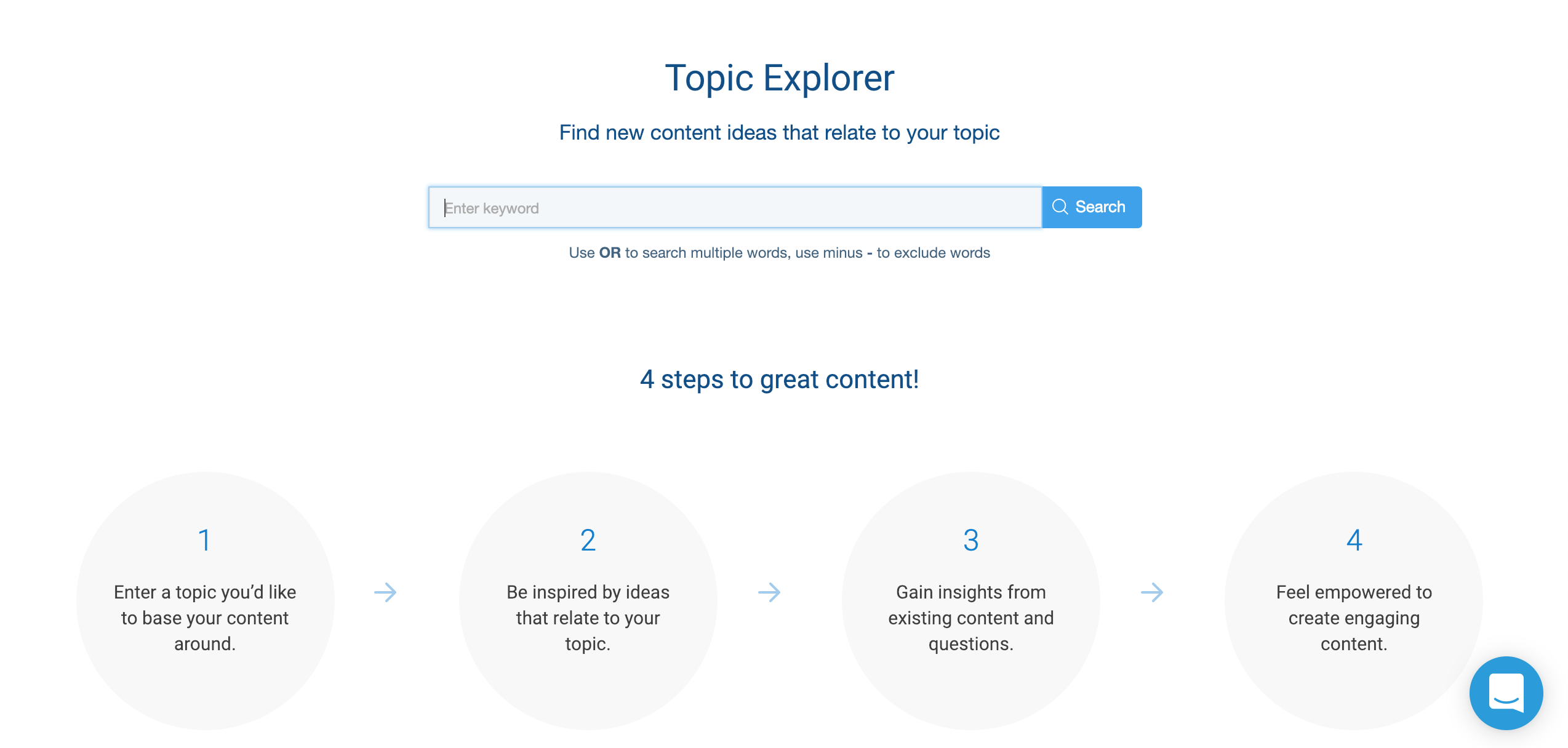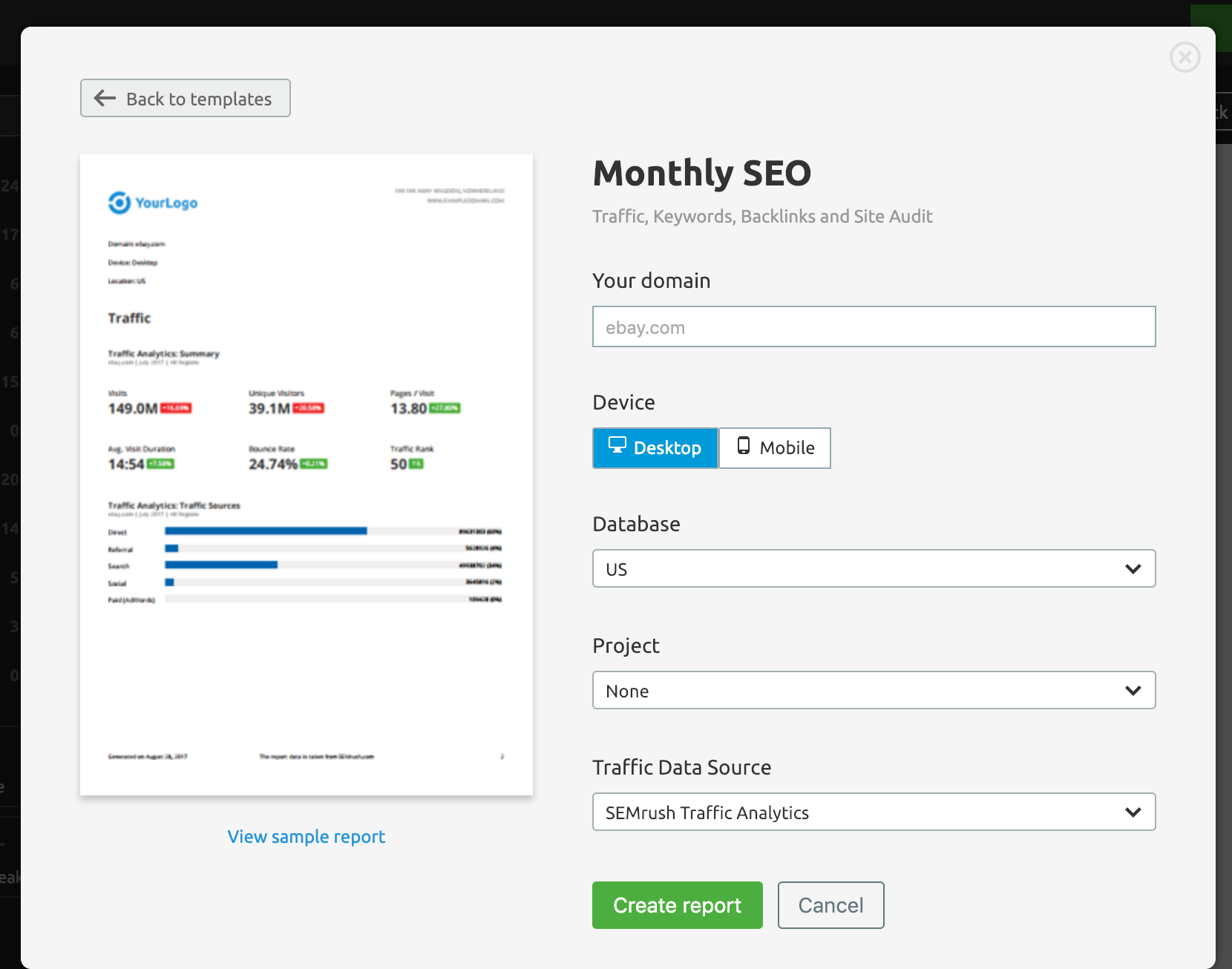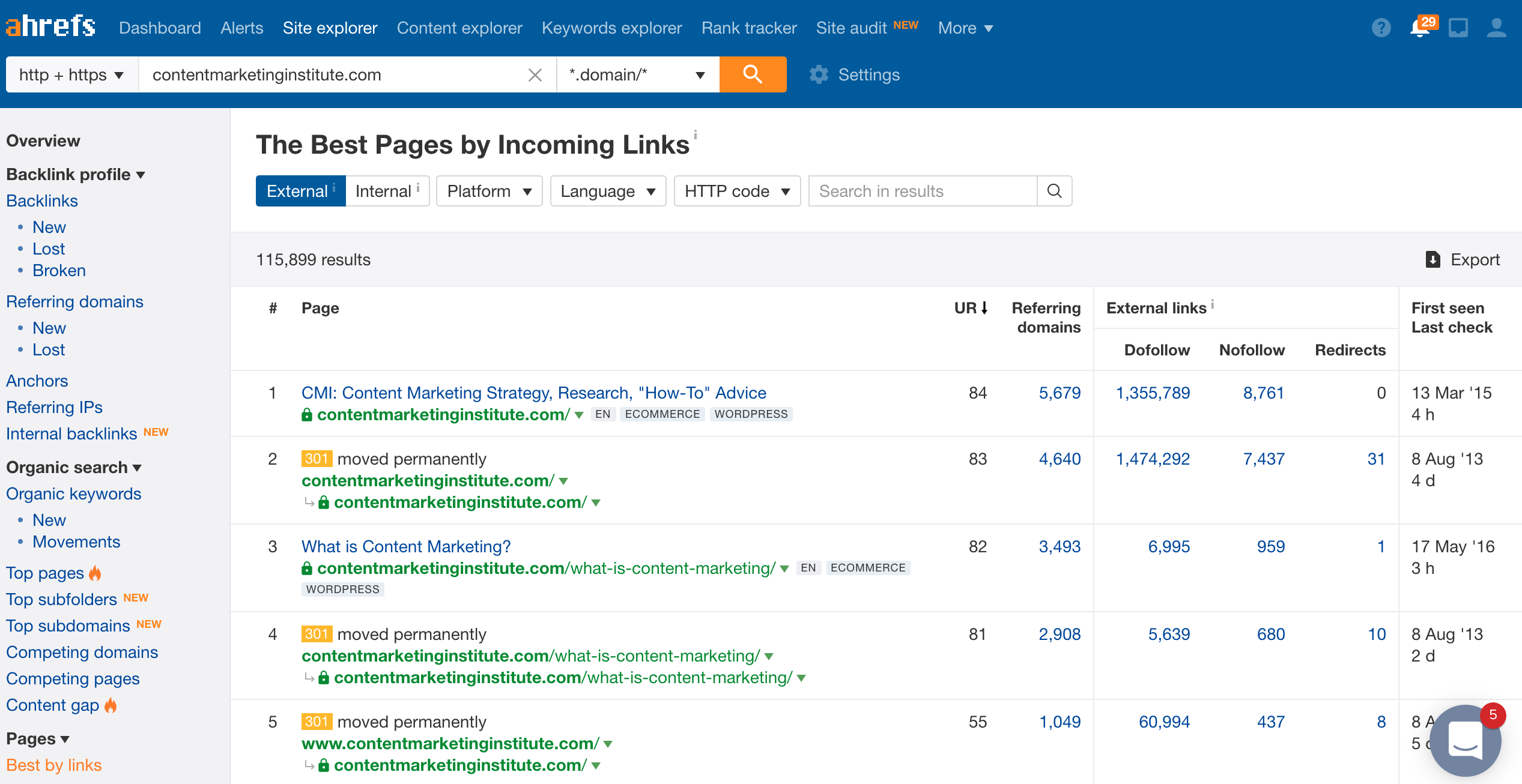People are going to fail you.
Especially the ones you employ.
They are going to make mistakes, miss deadlines, and address your biggest client by the wrong name (true story).
No matter how well you try to prepare for it, mistakes are unavoidable, because it’s only natural for humans to make them. This is how we learn.
But as it often happens to young entrepreneurs, it shouldn’t stop you from delegating tasks and expanding your business.
When you want everything to be perfect and try doing it all by yourself, 24 hours a day suddenly becomes not enough.
As a result, you work till exhaustion, but your business is not growing because you physically have no time for strategic decisions and development.
This is where SEO tools storm in to save the day.
How Can SEO Tools Help Your Business?
OK, you’ve probably heard that today’s SEO tools are whip-smart and can replace the whole marketing department, from analytics to reporting. But that’s not what I want to talk about.
What I want to show you is how applying the right tools can help you with developing your business. It can help you:
- Scale up your offerings.
- Free up your time.
- Uncover new strategies and opportunities.
- And, consequently, make more money.
After all, a financial improvement backs it up better than anything else, right?
So, let’s talk in detail about the ways that SEO tools can help you in running your business.
1. Scale Up: Do More, Add New Offerings, Upsell
If you’re a solo entrepreneur or run a small agency, the number of clients that you can work with at a time is limited.
The scientist hasn’t yet invented a way for people to be in two places at the same time (though Facebook keeps reminding me that my “Dolly mission” was accomplished successfully).

However, armed with the right tools, you can simplify and automate your SEO processes, and break big tasks into smaller ones.
For example, with the help of BuzzSumo, you can decompose your content marketing efforts into several standalone tasks:
- Competitive analysis.
- Creating new content topics.
- Copywriting.

If you aren’t ready to outsource the first two tasks — these should definitely be accomplished by an experienced strategist — the latter can be delegated to a freelance copywriter.
Minding the costs of the missed opportunities, it will cost you way less than if you were writing the content yourself.
With this approach, you can accomplish more spending less time. But that does not only mean being able to take more clients. You can also upsell services to your existing client base or add new offerings to your portfolio.
Using SEO tools allows you to provide services that otherwise would require a lot of manual work.
See it for yourself. Adding site audit to your portfolio is not that complicated. All it takes is a good audit tool, a thought-through template and an associate to fill in the recommendations based on the type of the revealed errors.
The same thing can be done in other areas of online marketing: competitor research, content marketing performance analysis, link building, social media marketing and more.
2. Save You from the Routine of Repetitive Manual Tasks
Repetitive manual tasks are a fruitful soil for human error, not to mention that it’s boring and demotivating.
There’s plenty of tasks like this in SEO. Manually checking SERPs under VPN connection (to imitate access from different locations), trying to find broken links – without automation, it is a tedious and often an impossible job.
Stop wasting your time! A single site audit can provide you with more accurate data on, say, broken links than a week of staring at your monitor.
3. Free up Time for Analysis & Process Optimization
To build a successful business, you need to constantly optimize your work processes and find new, more effective ways of getting things done.
But innovation requires time: analyzing the market, your competition, coming up with the new strategies and implementing them – it’s already a full-time job.
When your day is piled up with routine tasks you simply won’t be able to dedicate time for optimization.
Additionally, many tools show you how effective you are. For instance, any site audit tool will show you how effectively you dealt with fixing errors on your website.
Similarly, position tracking tools will demonstrate how fast you’re moving to the top-10 or top-3 of the search results. If the tool shows positive dynamic – voila! You’re saved from diving into details and can dedicate your time to something more urgent.
4. Help You Find New Strategies & Untapped Opportunities
When you run your business in a certain way for a long time, it’s hard to get out of the bubble and get a fresh perspective.
Competitive research is one of the effective ways to come up with new strategic ideas for your business. If it’s working for them – why wouldn’t it work for you? Plus, brainstorming new ideas for your business is easier when you’re equipped with additional market data.
Competitor analysis tools such as SEMrush, SpyFu, SimilarWeb, and Ahrefs can get you a sneak peek into your competitor’s’ kitchen:
- Where is their traffic coming from?
- What keywords are they ranking for (that you don’t)?
- Who’s linking back to their site and how can you take advantage of it?
The insights gained from competitive research are essential for building a strong digital marketing strategy.
5. Send Nice-Looking Reports to Your Clients
Reporting is one of the important parts of client work. Through reports, you communicate with your clients and demonstrate how hard you’ve been working for them.
Many marketers see it as a necessary evil that’s always waiting for them around the corner at the end of every reporting period. Spending a whole day copy-pasting numbers and drawing charts – we’ve all been there. But it doesn’t have to be like this.
Many tools can automate the process of reporting up until the point when you no longer need to do it at all.
There are many SEO tools that automate reporting (e.g., SEMrush, Google Data Studio, Agency Analytics) and can schedule sending the reports by email, which doesn’t require you to lift a finger.
Among other features that these tools provide are white-label reporting and the ability to share access to a project with other people outside of your company.

6. Get Better Visualization of Your Analytics & Gain Additional Insights
A few years ago, there was a rumor on the web about the Challenger tragedy. It said that it happened (apart from other reasons) as a result of bad data visualization.
I’ll leave the testing of this hypothesis to specialists, but one thing is undeniable: data visualization is important for decision making (even if you don’t work for NASA).
Apart from other useful features, SEO tools help you get a better visualization of your analytics and gain some additional insights that can’t be pulled from native analytics tools.
For example, all position tracking tools show you what kind of pages are ranking by particular keywords. Such data can’t be found in Google Search Console, so these insights are way harder to obtain without additional instruments.
Some tools feature unique data visualization kits. SEMrush’s top pages by traffic is incredibly insightful but would take you tons of time to assemble manually.
Top content by the number of acquired links from Ahrefs is another good example of a visualization-driven source of insights.

More Resources:
Image Credits
Featured Image: Created by author, February 2019
All screenshots taken by author, February 2019
Subscribe to SEJ
Get our daily newsletter from SEJ’s Founder Loren Baker about the latest news in the industry!
